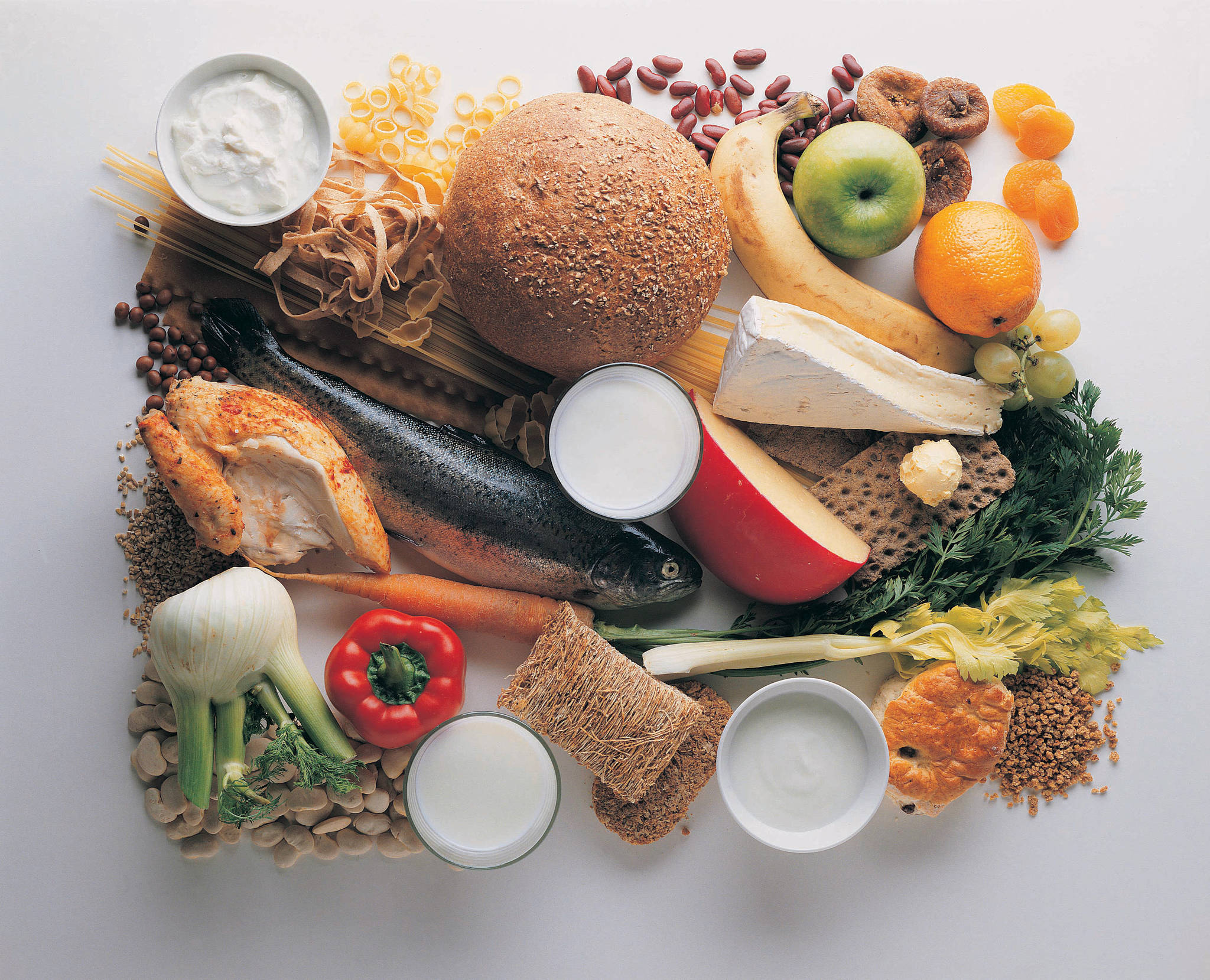When you work or volunteer at the Southeast Alaska Food Bank, you can get a sense of the kinds of struggles families in our community face.
I see workers who earn too little to feed themselves and their families, despite working long hours. I speak with people who have recently lost their jobs because they had to take care of a sick child or parent. Others might have medical debt from an unexpected health care crisis that’s squeezing their family budget.
I know that our food bank makes a difference to the community, but I also know we can’t do it alone. Many of the people who walk through our door also use the Supplemental Nutrition Assistance Program (SNAP), formerly known as food stamps, to afford healthy foods at the grocery store. We help them meet a short-term need while SNAP helps them get by on a day-to-day basis.
In the city and borough of Juneau, the average meal cost is $3.19, while the average SNAP benefit per meal per Alaskan is $1.90. SNAP has a huge impact on an individual’s purchasing power to provide for their family.
All told, SNAP helps more than 87,000 Alaskans.
I am concerned that some members of Congress are proposing cuts to SNAP as part of next year’s federal budget. I hope U.S. Sens. Lisa Murkowski, Dan Sullivan, and U.S. Rep. Don Young understand the struggles in our community and the role that SNAP plays to ensure we can all put food on the table. Extreme cuts or changes to the program would have devastating consequences for communities like ours, especially the most vulnerable among us. Millions of working families, children, senior citizens, and veterans nationwide would be left unable to pay their grocery bill and faced with the possibility of sliding further into poverty.
A setback for these Americans would be a setback for all of us.
With many customers unable to pay for food and other basic needs, local businesses would see decreasing sales. Meanwhile, demand would be up at community shelters and food pantries such as Resurrection Lutheran Church, Salvation Army, Shepard of the Valley and many others.
This past fiscal year, Southeast Food Bank distributed the most food in our history. We provided over 313,000 pounds of food to our member agencies and the individuals in our community. This alone tells us the need is growing in Southeast Alaska.
Despite our best efforts and our supporters’ generous contributions to meet the needs of our community, we could never fill the hunger gap that SNAP does. Food pantries and shelters are already overburdened — we certainly don’t have the resources to feed so many.
I believe that families like the ones we work with at the Southeast Alaska Food Bank shouldn’t have to go hungry. Neither should the 7,000 seniors in Alaska who receive SNAP benefits to help balance food costs with medical expenses and housing. And neither should the more than 35,000 children in Alaska who can go to school on a full stomach thanks to SNAP.
And it should go without saying that the millions of veterans across our country who have turned to SNAP deserve better, too.
Whether or not you spend time at a food pantry or the food bank, we all have a part to play in lifting up our community. We at Southeast Alaska Food Bank are urging our leaders to protect SNAP — and the millions of Americans who use the program to feed their families.
I hope you’ll join us.
• Dennis Watson is the Board President of the Southeast Alaska Food Bank in Juneau.

